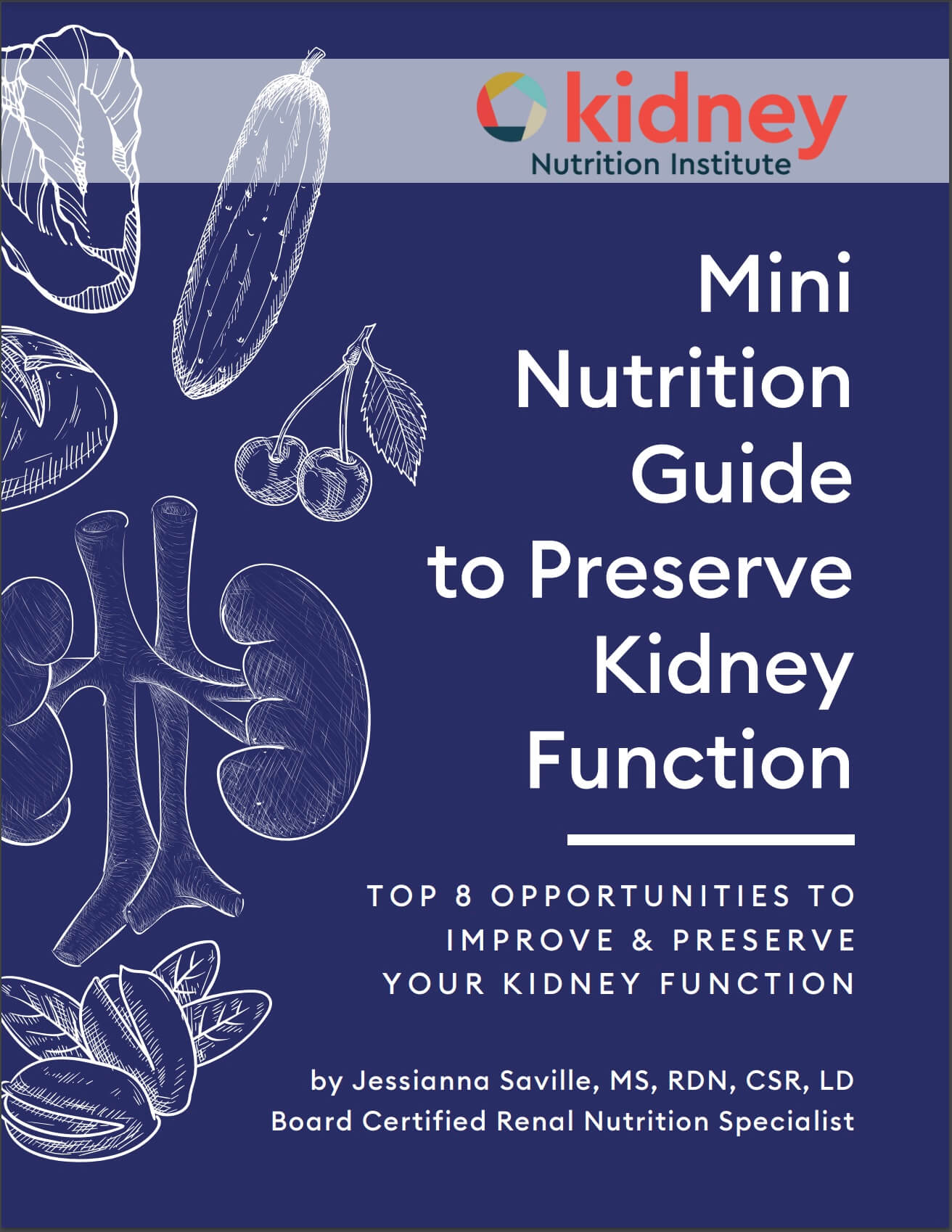
Weight loss in any population is challenging. However, for those who have been told they need to lose weight in order to qualify for a kidney transplant, it can add another layer of urgency and sometimes frustration. This RD guide takes a beyond calories approach which can be useful for any patients looking to lose weight.
This RD resources guide shifts the perspective to allow the dietitian to consider that weight gain or the inability to lose weight is a symptom of some other underlying issue. This is a much more effective way to approach weight loss because for most people, the calories in, calories out approach overlooks and oversimplifies complex metabolic and endocrine processes that can be altered in those who have one or more chronic disease conditions. It also hands the dietitian actual tools of what to do or consider when this conventional approach fails. Once the dietitian has assessed their patient for underlying causes of weight gain, they can consider if another specialist or testing is needed.
Considering the patient’s beliefs and attitudes towards food, health and weight loss can help the patient avoid typical pitfalls that hinder weight loss progress. It can also be helpful to include the social worker in the weight loss plan to assess psychosocial issues that might make it difficult for the patient to make changes with diet, self talk or stress management, or setting and achieving goals.
It seems like no matter the root cause, there are a few diet recommendations consistent: increasing intake of fiber, fruits and vegetables, and healthy fats. This can seem challenging on a renal diet, however, recently released guidelines support a more liberal renal diet, especially where a dietitian is able to assess intake and labs- some adjustments can be reasonably made to include fiber, fruits and vegetables and healthy fats. By becoming very familiar with your patient’s needs, as well as what foods contain healthy fats and fiber, and low potassium fruits and vegetables (if needed), you can help them find the flexibility to choose foods that support kidney health and address the root cause of their weight.
No need to recreate the wheel. Save time by downloading this handout from the Renal Education Library Not a member? Sign up today!

